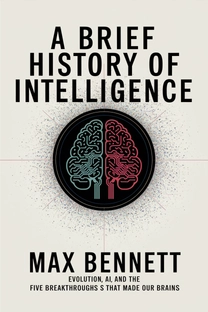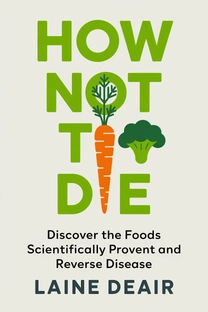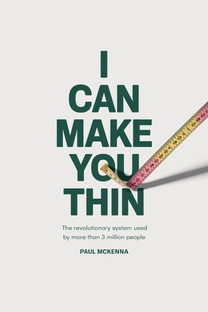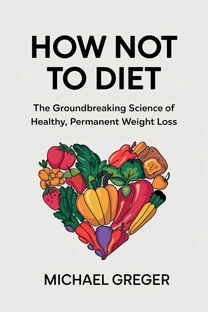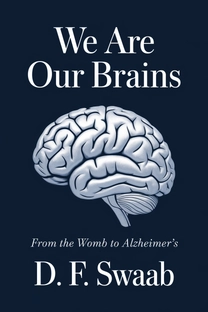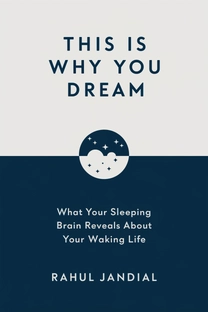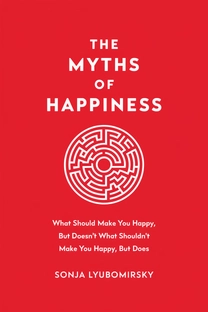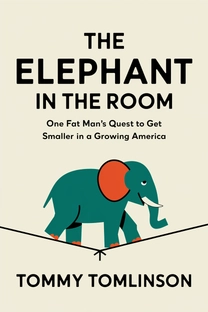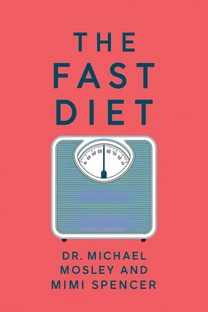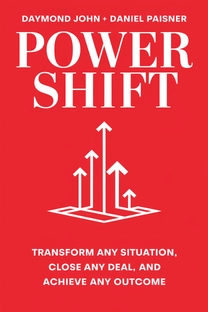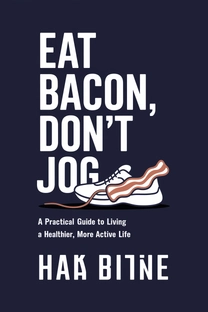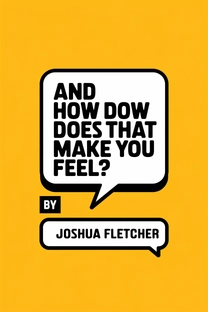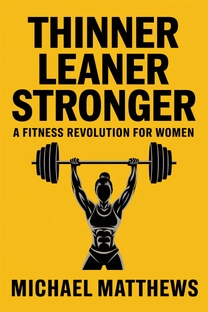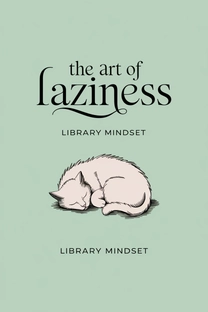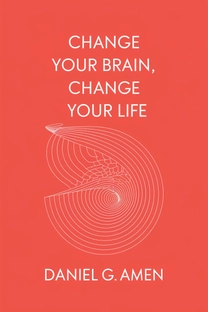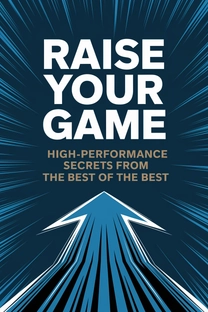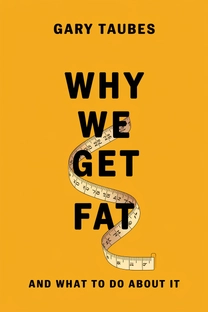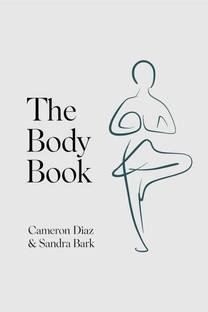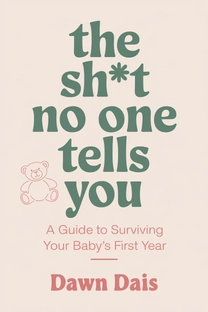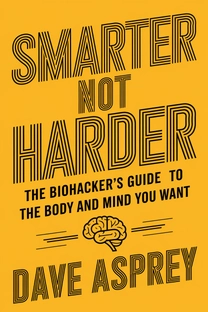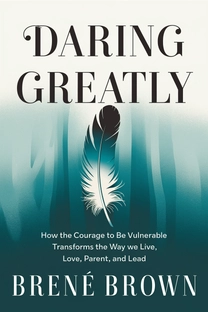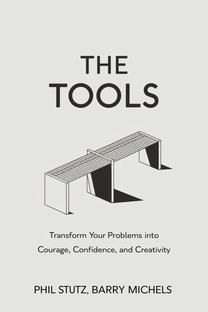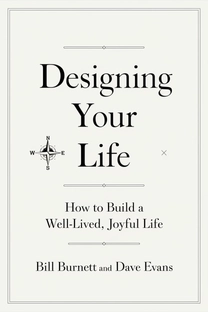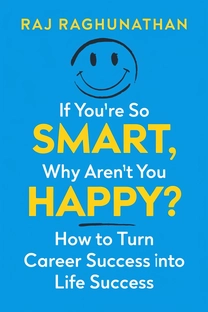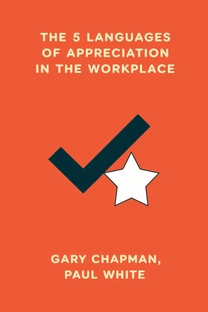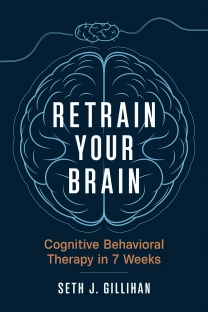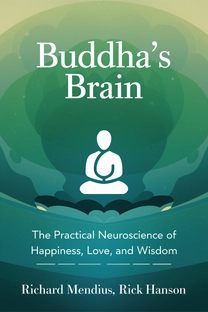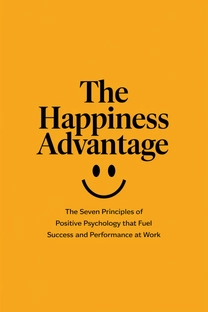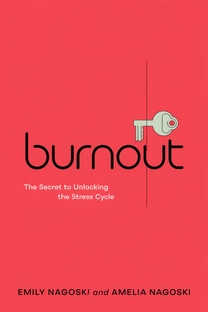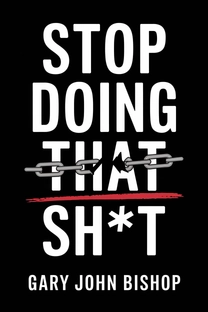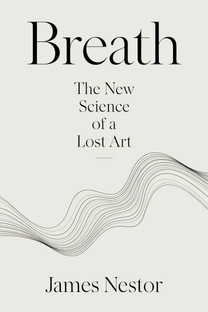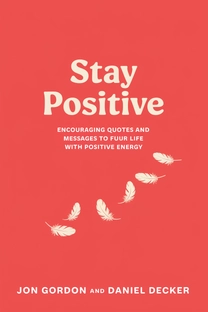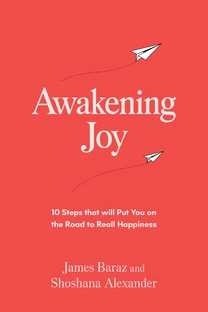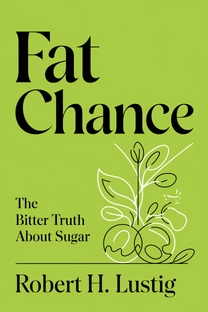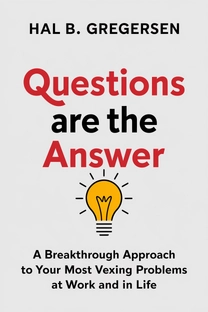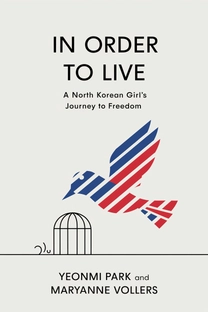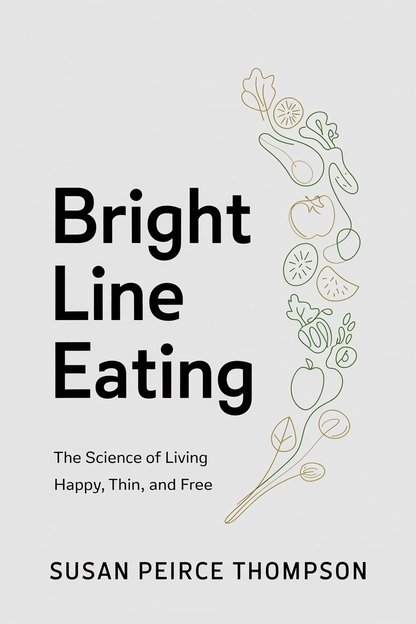
Bright Line Eating
The Science of Living Happy, Thin, and Free
by Susan Peirce Thompson
Brief overview
This book reveals how food choices can dramatically affect our brain, illustrating why certain ingredients trigger cravings and lead to compulsive eating. It offers a structured, four-rule framework to help realign hunger signals and restore a balanced, joyful approach to meals. By adopting clear boundaries and understanding the science behind our appetites, readers can transform their relationship with food and achieve long-lasting wellness.
Introduction
Think of all the times we’ve promised ourselves to eat healthier or lose weight, only to stumble when the next craving arrived. Most diets fail because our brains work against us, demanding endless choices and leaving us exhausted. This introduction explores how structured boundaries around food can break that cycle, turning frustration into clarity.
In a world flooded with quick-fix meals and sugary snacks, it’s easy to feel trapped by temptations. Yet the power of bright-line eating—a system of clear food rules—can replace willpower battles with simple habits. These habits give our struggling minds a chance to rest, making healthy eating feel natural rather than forced.
By looking at the science of hunger, we’ll discover that certain substances, such as sugar and flour, act on the brain much like addictive drugs. These revelations set the stage for why removing them from our daily diets can restore genuine satiety and comfort around food.
The Brain-Body Connection
At the heart of our eating habits is the way our brain communicates with our body. When hungry, chemical signals trigger the need to find fuel. Ideally, once we eat, a sense of fullness kicks in—telling us to stop. Yet modern foods flood our system with artificial stimulation, short-circuiting that built-in feedback.
Cravings often arise not because our body truly needs more calories, but because our brain’s reward center is overstimulated by sweet or refined substances. We can think of it as a constant call for “more” even when we’re physically satisfied. This clash between biological hunger and emotional cravings fuels overeating and frustration.
Emerging research reveals how insulin and leptin—two hormones crucial for regulating weight—become disrupted by processed foods. When leptin can’t deliver the “I’m full” message, we stay perpetually primed to eat. Understanding this helps us see eating challenges not as mere willpower failures, but as symptoms of a deeper, brain-based imbalance.
What is Bright Line Eating about?
Bright Line Eating by Susan Peirce Thompson focuses on a brain-based approach to healthy weight loss. It dives into how the chemistry of sugar and flour triggers cravings, causing many of us to eat more than we intend. The book offers research-driven insights on why these refined foods are so addictive and how setting non-negotiable boundaries can break that cycle. Through four clear guidelines, Thompson illustrates how to maintain balanced eating habits, freeing readers from the strain of constant dieting.
What makes this book stand out is its emphasis on structure and consistency. By centering on scheduled meals and precise portioning, Bright Line Eating removes guesswork from daily decisions, letting your mind and body settle into a reliable routine. The result is a method that goes beyond short-term diets, challenging readers to understand their neurological responses to food and embrace a plan that cultivates lasting wellness.
Beyond weight loss, the author underscores the importance of reconnecting with true hunger signals. By explaining how the body’s hormonal and neurological systems can be recalibrated, Thompson shows that restoring a natural relationship with food can open the door to both physical and emotional health. Along the way, Bright Line Eating highlights the role of community support, proving that collective encouragement fuels motivation on any transformative journey.
Review of Bright Line Eating
This book’s primary strength lies in its direct focus on the brain’s role in driving eating habits. Thompson dissects how sugar and flour bombard neural pathways, making it nearly impossible for some people to simply “cut back.” By removing these substances and structuring meals at fixed times, Bright Line Eating provides a clear, science-backed framework.
The guidelines are highly practical, especially for those feeling overwhelmed by constant cravings or the pressure of counting calories. Thompson’s writing style is approachable, balancing scientific detail with relatable examples. Step-by-step advice on how to plan meals, manage portions, and stay accountable shows readers exactly how to apply these principles in daily life.
While the target audience spans anyone seeking better health, individuals frustrated by traditional dieting methods may find the largest benefit. Thompson’s emphasis on uncovering the root cause of overeating—rather than relying on willpower—ensures relevance for both newcomers and experienced dieters. By integrating neuroscience and practical strategies, Bright Line Eating comes highly recommended for anyone eager for tangible, sustainable results.
Who should read Bright Line Eating?
- Professionals struggling with time constraints who need a simple, meal-based plan
- Health-conscious readers intrigued by the science behind brain-chemistry and cravings
- Those seeking weight loss but frustrated with conventional diets
- Individuals in recovery from addictive eating behaviors wanting a supportive structure
- Busy parents aiming to establish healthier food boundaries for themselves and their families
About the author
Book summaries like Bright Line Eating
Why readers love Mindleap
10-Minute Book Insights
Get the core ideas from the world's best books in just 10 minutes of reading or listening.
Curated For You
Discover your next favorite book with personalized recommendations based on your interests.
AI Book ExpertNew
Chat with our AI to help find the best book for you and your goals.
Reviews of MindLeap
Love how I can get the key ideas from books in just 15 minutes! Perfect for my busy schedule and helps me decide which books to read in full.
Alex R.
The summaries are incredibly well-written and the audio feature is perfect for my commute. Such a time-saver!
Jessica M.
Great app for personal growth. The insights are clear and actionable, and I love how they capture the essence of each book.
Chris P.
The app is beautifully designed and the summaries are top-notch. Definitely worth every penny!
Sarah K.


